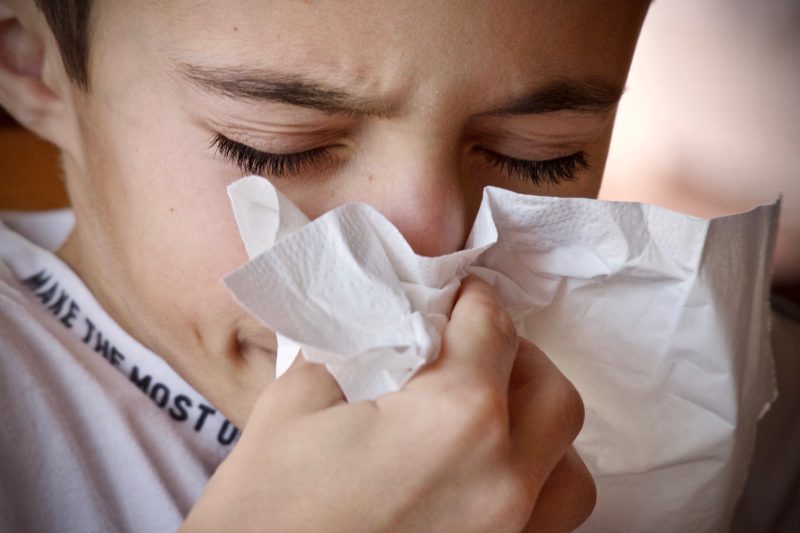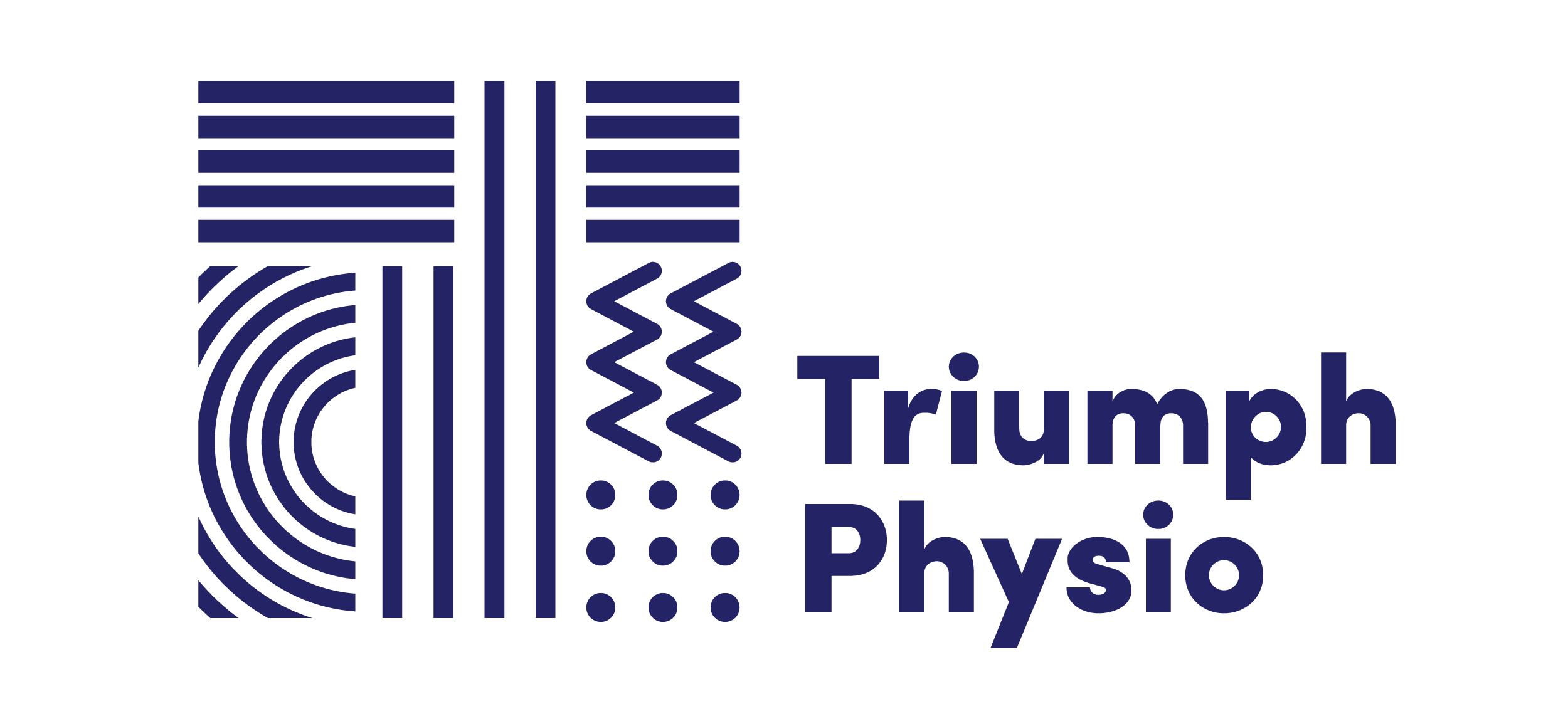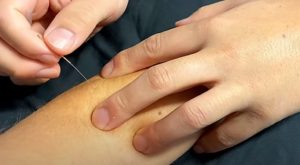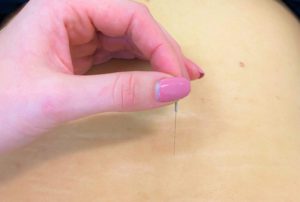-
About 20% of New Zealanders suffer from hay fever. Symptoms include runny nose, sneezing and watery eyes that are caused by seasonal allergens such as plant pollens. The symptoms of hay fever are an inflammatory response to allergens.
According to annual pollen calendar NZ, November to March is the time when there are the most quantity and variation of pollen, specifically grass and weeds. This comes after the spring season, where many plants are flowering. Some people are sensitive to only one or two allergens, while others are sensitive to many.
When a person inhales the allergen that they are allergic to, this triggers their body to release a chemical called histamine which causes the inflammation and symptoms characteristic of the condition. Thus, antihistamine medication is commonly prescribed to manage symptoms.
Acupuncture may also complement conventional medication in managing symptoms of hay fever.
A common Traditional Chinese Medicine view of hay fever is usually attributed to the deficiency of Qi (the body’s essential energy) and an invasion of Wind-Heat/pathogens (pollen) in the lung.
Acupuncture has been shown to be very effective in treating allergies. In a comparative study on treating Type I allergic diseases, acupuncture and desensitisation therapies were used in 143 cases. The outcome showed that acupuncture had an extensive and remarkable effect on Type I allergic reactions. The curative effect was higher in the acupuncture group than in the desensitisation group (Journal of TCM, 1993 Dec.).
Specific acu-points assist in promoting qi and blood circulation to the
local area and help unblock nasal passages and energy channels.
As few as 4 needles may assist in relieving your symptoms, especially runny nose and itchy/dry eyes.
Request an appointment with an Acupuncturist
As presented by Josiah Ngai

Hay fever (Allergic rhinitis): Acupuncture in symptom management
- Post author:Triumph Physio
- Post published:11/12/2020
- Post category:Acupuncture



